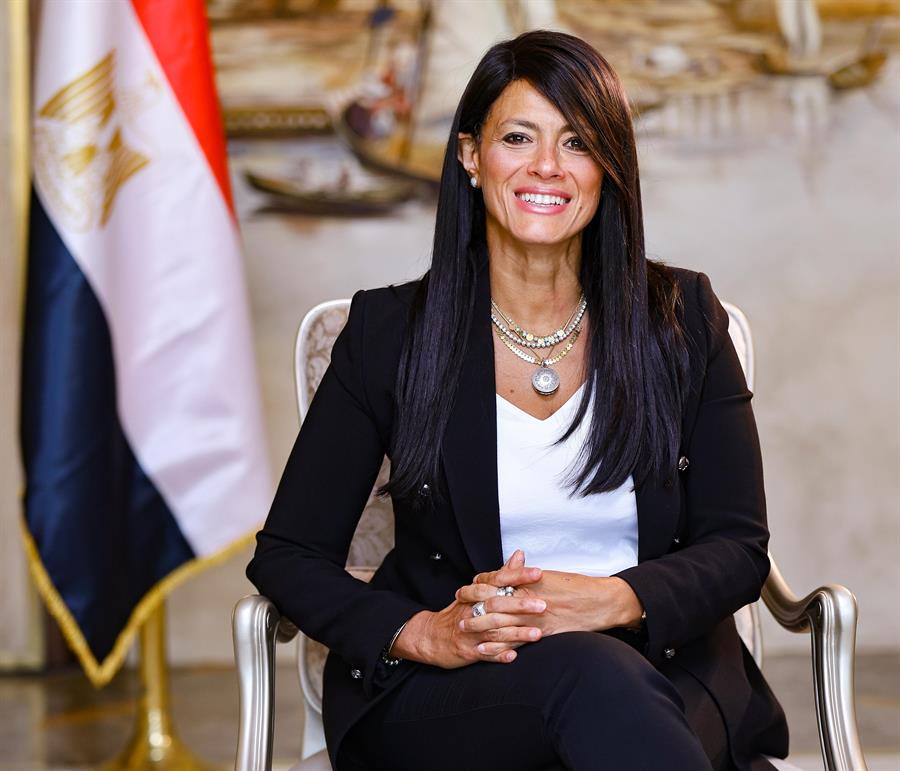Egypt’sMinistry of Planning and Economic Development to celebrate the graduation of 404 state employees from ESLSCA University

08 December 2021
Egypt's Ministry of Planning and Economic Development and ESLSCA University Egypt will celebrate on Wednesday the graduation of 404 government employees after they obtained an MBA.
The celebration is planned to take place in the presence of Dr. Mostafa Madbouly, Egypt’s Prime Minister, Dr. Hala El-Said, Minister of Planning and Economic Development, and Dr. Khaled Abdel Ghaffar, Minister of Education Higher and scientific research.
Moreover, several ministers and leaders of Egyptian public sector companies will also participate such as Dr. Ali El-Meligy, Chairman of the Board of Trustees of ESLSCA University in Egypt, Dr. Nadia Al-Arif, President of ESLSCA University Egypt and Dr. Fernócs Cruz, Academic Director of ESLSCAUniversity in Paris.
The graduation ceremony comes within the framework of the national initiative to qualify and prepare future government leaders for leadership positions in ministries.
The aforementioned initiative aims to create a strong and rich base of youth competencies, in order to be qualified for the political and administrative work of the state.
This is done by informing the state of the latest management theories, scientific and practical planning, and increasing its ability to apply modern methods to face various problems.
It is noteworthy that the scholarship is provided by the University of ESLSCA for administrative staff. It comes within the framework of cooperation between the Ministry of Planning and Economic Development and ESLSCA University Egypt, which began in 2015 to qualify 1,500 government employees.









